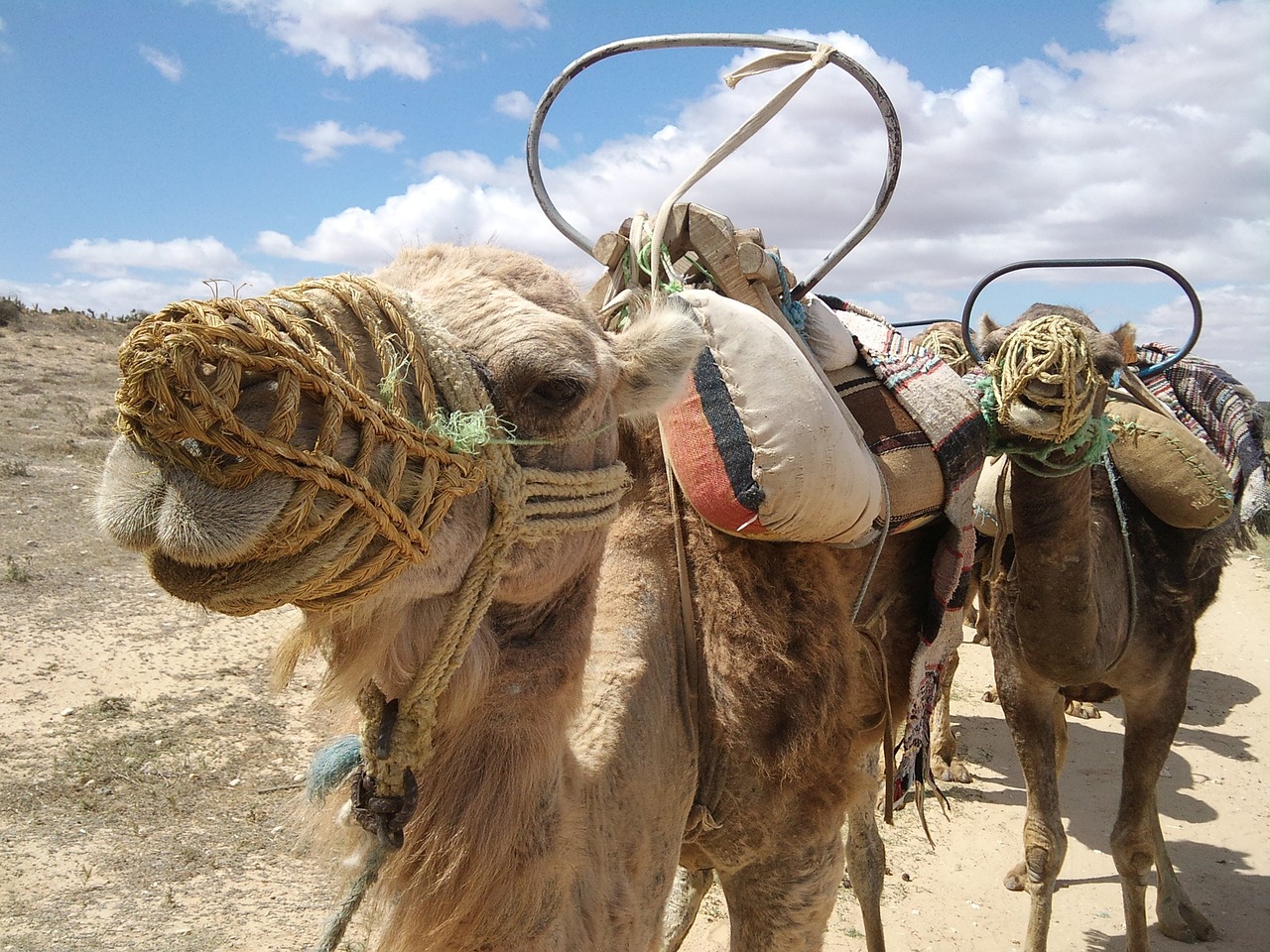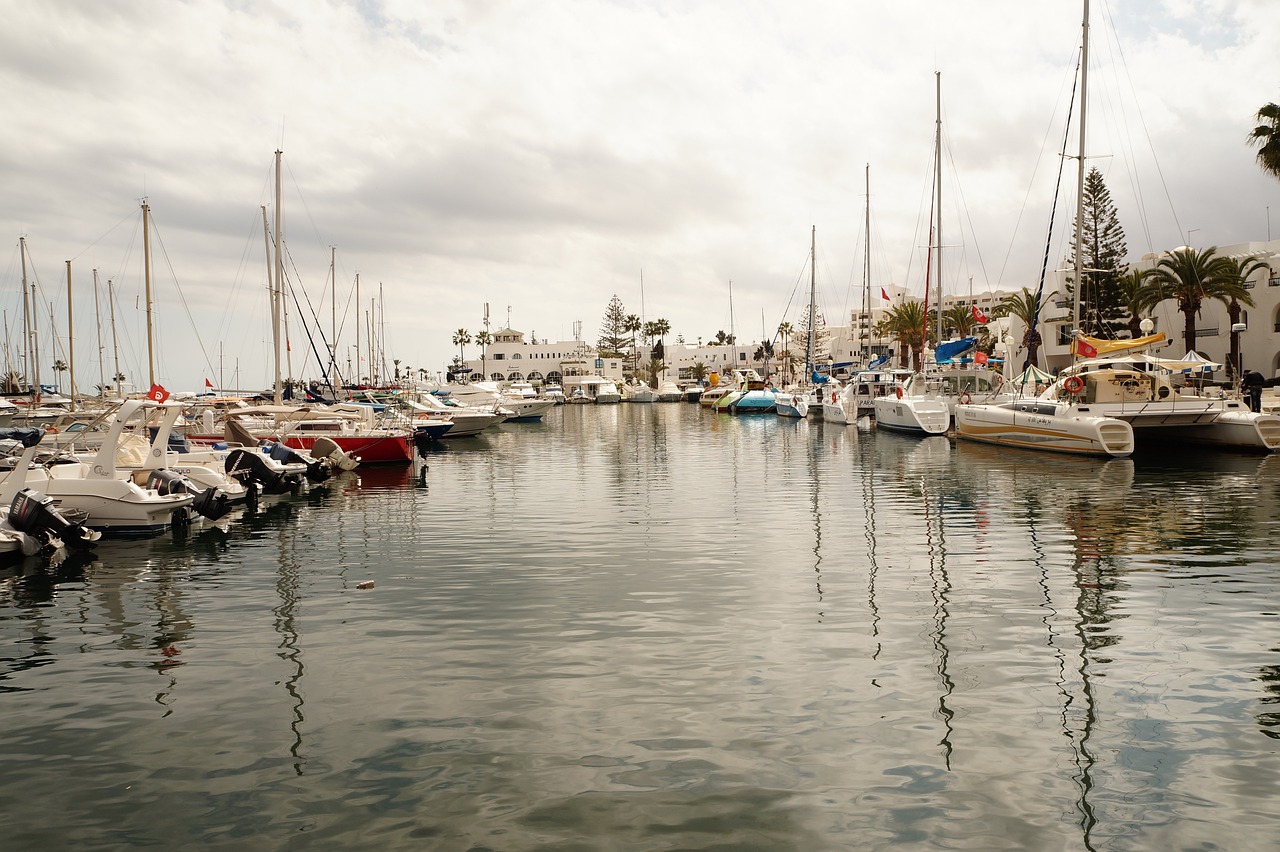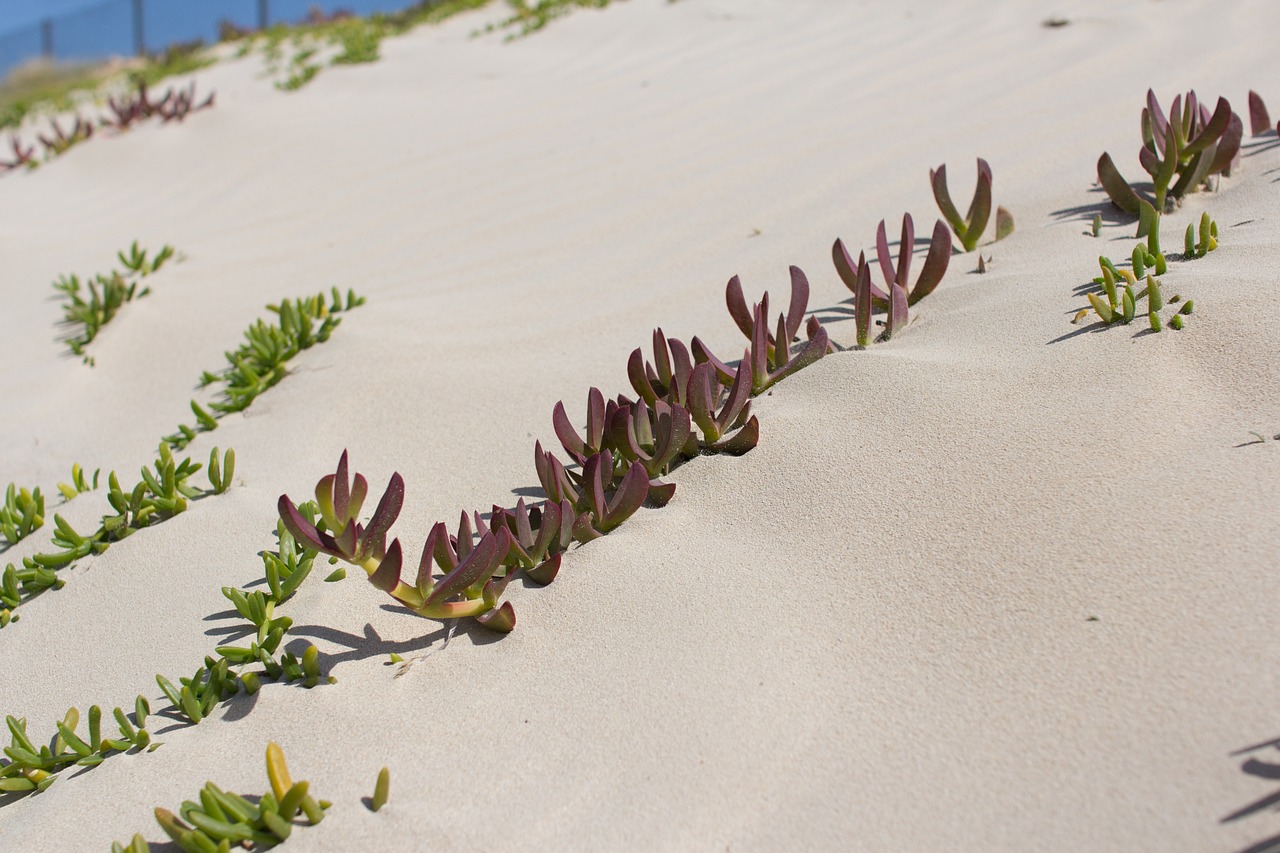Tunisia Video
Language and Communication: Overcoming Barriers in Tunisia
Tunisia, located in North Africa, is a country known for its rich history, diverse culture, and stunning landscapes. As a popular tourist destination, Tunisia attracts visitors from all over the world. However, language barriers can sometimes pose challenges for both tourists and locals alike. In this article, we will explore the various aspects of language and communication in Tunisia, as well as strategies to overcome these barriers.
Language Diversity in Tunisia
Tunisia is a multilingual country with Arabic being the official language. However, due to its colonial past, French also holds a significant place in Tunisian society. In addition to Arabic and French, Berber languages are spoken by some communities in rural areas. English is also widely understood, especially in tourist areas.
- Arabic: Arabic is the official language of Tunisia and is spoken by the majority of the population. It is essential for tourists to learn basic Arabic phrases to facilitate communication during their stay.
- French: French is widely spoken, particularly in urban areas and among the educated population. It is commonly used in business, government, and education.
- Berber Languages: Berber languages, such as Tamazight, are spoken by some communities in rural regions. These languages have their unique cultural significance.
- English: English is commonly spoken in tourist areas, hotels, and restaurants. It is beneficial for tourists to have some knowledge of English to navigate through their travel experiences.
Overcoming Language Barriers
While language barriers can be challenging, there are several strategies that can help overcome them in Tunisia.
- Learn Basic Arabic Phrases: Taking the time to learn a few basic Arabic phrases can go a long way in breaking the ice and showing respect for the local culture. Phrases such as greetings, thank you, and please are a good starting point.
- Utilize Translation Apps: There are numerous translation apps available that can help bridge the language gap. These apps allow users to translate text, speech, and even images, making communication easier.
- Hire Local Guides: Hiring a local guide who is fluent in both English and Arabic can greatly enhance your travel experience. They can provide valuable insights, help with translations, and offer a deeper understanding of the local culture.
- Use Gestures and Body Language: Non-verbal communication, such as gestures and body language, can be powerful tools in overcoming language barriers. Simple gestures and facial expressions can convey meaning and understanding.
- Be Patient and Respectful: It is important to approach language barriers with patience and respect. Understand that not everyone will speak your language fluently, and be willing to make an effort to communicate effectively.
Tunisia Image 1:

Cultural Sensitivity and Communication
In addition to language barriers, cultural differences can also impact communication in Tunisia. It is essential to be aware of and respect cultural norms and practices to ensure effective communication.
- Respect Local Customs: Tunisians value their traditions and customs. It is important to be respectful and observe local customs, such as dressing modestly when visiting religious sites.
- Non-Verbal Communication: Tunisians often use non-verbal cues, such as eye contact, handshakes, and physical proximity, to convey meaning. Paying attention to these cues can help in understanding and building rapport.
- Time Perception: Tunisians have a more relaxed attitude towards time compared to Western cultures. It is important to be flexible and patient when scheduling meetings or appointments.
- Personal Space: Tunisians value personal space and may stand closer during conversations compared to some Western cultures. Respect personal boundaries while engaging in conversations.
Tunisia Image 2:

Technology and Communication
Technology plays a significant role in overcoming language barriers in Tunisia. The widespread availability of smartphones and internet access has made communication more accessible and efficient.
- Translation Apps: As mentioned earlier, translation apps can be invaluable in bridging language gaps. They allow real-time translation of text, voice, and images, making communication easier.
- Social Media: Social media platforms like Facebook, Instagram, and Twitter provide opportunities for communication with locals and fellow travelers. These platforms can be used to seek advice, recommendations, and connect with others.
- Online Language Resources: There are numerous websites and online resources available to learn basic Arabic phrases or improve language skills. Utilize these resources to enhance your communication abilities.
Tunisia Image 3:

Conclusion
Language and communication barriers can be overcome with a combination of patience, respect, and the utilization of available resources. Learning a few basic Arabic phrases, hiring local guides, and utilizing technology can greatly enhance communication experiences in Tunisia. It is essential to be culturally sensitive and adaptable to ensure effective communication with locals. By embracing these strategies, visitors can fully immerse themselves in the beauty and rich culture of Tunisia.
References
– tunisia.com
– tunisiatourism.org
– lonelyplanet.com/tunisia


